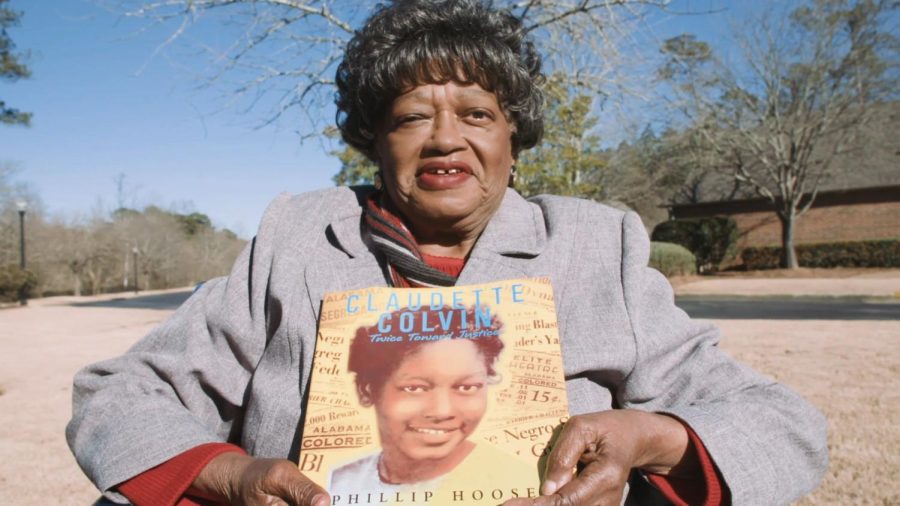Claudette Colvin’s juvenile record has been expunged, 66 years after she was arrested for refusing to give her bus seat to a white person
A request by Claudette Colvin, a civil rights pioneer who refused in 1955 to give up her seat to a White person on an Alabama bus, to seal, destroy and expunge her juvenile court records has been granted.
(CNN) — The juvenile court records of Claudette Colvin, a civil rights pioneer who refused in 1955 to give up her seat to a white person on an Alabama bus, have been sealed, destroyed and expunged following a judge’s ruling.
Colvin, now 82, was arrested when she was 15 for refusing to give up her seat to a white person on a bus in Montgomery. The incident came nine months before Rosa Parks’ far more famous arrest for a similar act of civil disobedience in the Jim Crow era.
An Alabama family court judge in November granted Colvin’s petition the prior month to expunge her record. Montgomery County Juvenile Judge Calvin Williams on November 24 signed the order for the records to be destroyed, including all references to the arrest.
He granted Colvin’s motion to seal for good cause and fairness for “what has since been recognized as a courageous act on her behalf and on behalf of a community of affected people,” Williams said.
Colvin was charged with two counts of violating Montgomery’s segregation ordinance and one felony count of assaulting a police officer. She was convicted on all counts in juvenile court, and the segregation convictions were overturned on appeal.
Placed on an “indefinite probation” after her conviction on the assault charge, Colvin was never informed her probation had ended, her legal team said.
‘I want us to move forward and be better’
While Parks’ arrest came months after Colvins’, Parks got more attention during the civil rights movement in part because her image was more “acceptable to a white” community, Colvin told CNN earlier this year. Parks was older, married and lighter-skinned, Colvin said.
Still, Colvin went on to join the plaintiffs in Browder v. Gayle, a 1956 case that made its way to the Supreme Court, which ordered officials in Montgomery — and across Alabama — to end bus segregation.
“People said I was crazy,” Colvin previously told CNN of the event that led to her arrest. “Because I was 15 years old and defiant and shouting, ‘It’s my constitutional right!'”
Colvin sought the expungement because she wanted to move to Texas with her family, her legal team and relatives previously told CNN.
Her motion had the support of Montgomery County District Attorney Daryl Bailey, who in October called Colvin’s actions in 1955 “conscientious, not criminal; inspired, not illegal; they should have led to praise and not prosecution.”
In her motion, Colvin said she wanted to see society progress — not regress.
“I want us to move forward and be better,” she said in the filing. “When I think about why I’m seeking to have my name cleared by the state, it is because I believe if that happened it would show the generation growing up now that progress is possible and things do get better. It will inspire them to make the world better.”
The-CNN-Wire™ & © 2021 Cable News Network, Inc., a WarnerMedia Company. All rights reserved.



